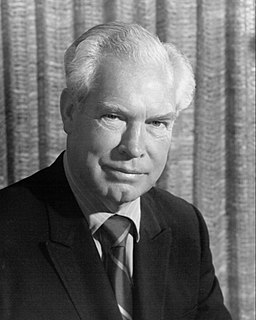A Quote by Allan Fromme
Our cities with their swollen populations and cliff dwelling high-rise buildings are breeding places for loneliness. Neighborhoods crumble under the housing development bulldozers and families scatter in pursuit of jobs and professions everywhere. In a world of wheels, old and comfortable groupings of people have disappeared.
Related Quotes
Cities need old buildings so badly it is probably impossible for vigorous streets and districts to grow without them.... for really new ideas of any kind--no matter how ultimately profitable or otherwise successful some of them might prove to be--there is no leeway for such chancy trial, error and experimentation in the high-overhead economy of new construction. Old ideas can sometimes use new buildings. New ideas must use old buildings.
We aren't in high school. We aren't really in our families and we aren't in our houses. Those are the places we grew up and the times we spent together, but they aren't us. If think they are, then we're lost, because times end and places are lost. We aren't any place or any time . . . We are everywhere.
There was a time in our past when one could walk down any street and be surrounded by harmonious buildings. Such a street wasn't perfect, it wasn't necessarily even pretty, but it was alive. The old buildings smiled, while our new buildings are faceless. The old buildings sang, while the buildings of our age have no music in them.
There are masses of people who need affordable housing in New York. I think that, politically, it is very difficult to give preference to artists over another group. Now, could there be an impressive envisioning process where developers would be asked to collaborate with urban designers? Maybe envision a large-scale development with local shops, dense housing, maybe a few towers, maybe a few mid-rise buildings, and art workshops in the mix? That would be great. I don't see a call for those proposals. But I think that it would not be outrageous to propose that kind of vision.






































